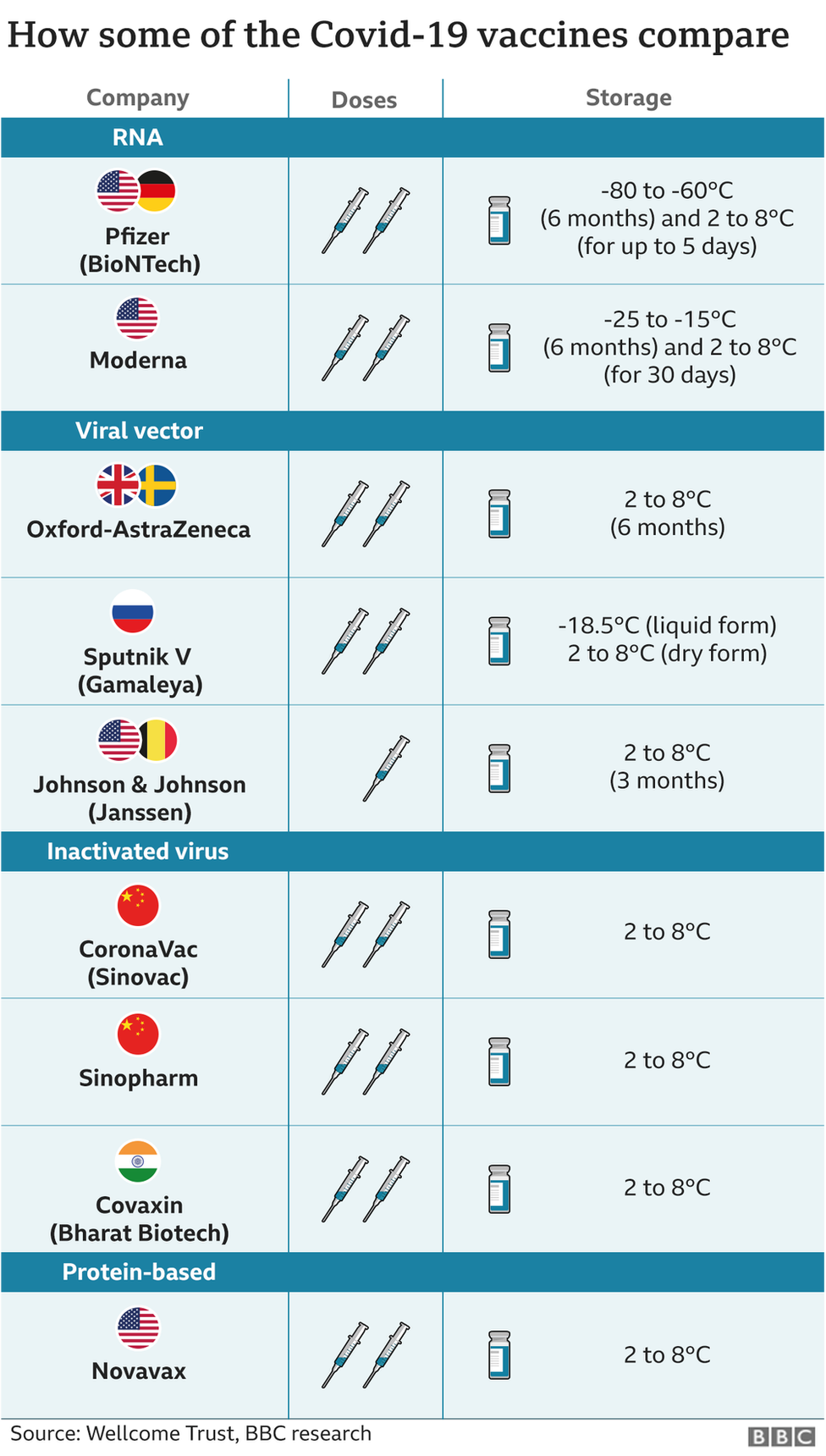As the weather starts to cool down, it's time to think about protecting yourself and your loved ones from the flu. The 2023 flu season is just around the corner, and getting vaccinated is one of the most effective ways to prevent the spread of influenza. With various options available for receiving the flu shot, understanding the associated costs can help you make an informed decision.
Whether you have health insurance or are uninsured, knowing how much a flu shot might cost this season can ease financial concerns. Many factors influence pricing, including location, provider, and whether you're insured. This article delves into the details of flu shot costs in 2023, offering guidance on where to find affordable options and what to expect when budgeting for this essential preventive care.
Understanding Flu Vaccination Availability
Flu shots are now readily available at numerous locations across the country, ensuring accessibility for everyone. Pharmacies like Publix offer convenient vaccination services right in-store, making it easy for customers to protect themselves without needing an appointment. These pharmacies often stock ample supplies of the vaccine, so individuals can walk in and receive their shot with minimal wait times.
Beyond traditional pharmacy settings, many workplaces and community centers also host seasonal flu vaccination clinics. These events aim to increase public access to the vaccine by bringing it directly to neighborhoods and office environments. For those seeking flexibility, online tools such as Vaccine Finder allow users to locate nearby facilities offering flu shots based on their zip code.
In addition to convenience, these widespread distribution points emphasize the importance of annual flu vaccinations. By encouraging people to get immunized early in the season, healthcare providers hope to reduce overall infection rates and alleviate strain on medical systems during peak flu periods.
Analyzing Flu Shot Expenses
The price of a flu shot varies depending on several factors, including geographic region and specific type of vaccine administered. According to CMS guidelines, vaccine pricing typically reflects 95% of the Average Wholesale Price (AWP), though actual out-of-pocket expenses may differ. In some cases, particularly within hospital outpatient departments, additional fees could apply due to administrative charges or specialized formulations required for certain populations.
For insured individuals, coverage under most health plans eliminates direct payment requirements for the flu shot. However, those without insurance might face upfront costs ranging between $20 and $120 per dose. Despite this potential expense, many organizations provide discounted or free vaccines through programs aimed at increasing accessibility among underserved communities.
It’s important for consumers to verify their insurance benefits before scheduling a flu shot appointment. Understanding which services are included in their plan helps avoid unexpected bills while maximizing available resources for preventive care measures like annual vaccinations.
Exploring Affordable Options Without Insurance
If you lack health insurance, obtaining a flu shot doesn't necessarily mean facing high costs. Numerous avenues exist for securing affordable or even complimentary vaccinations. Public health departments frequently organize free flu shot campaigns targeting uninsured residents, ensuring everyone has access regardless of economic status.
Moreover, retail chains and independent pharmacies sometimes participate in initiatives designed to lower barriers to immunization. Such efforts include offering reduced rates or waiving fees altogether during designated promotional periods. Individuals should inquire locally about any ongoing promotions that align with their needs and circumstances.
Additionally, federal assistance programs such as Medicaid may cover flu shot expenses for eligible participants. Exploring all possible funding sources enables individuals to prioritize wellness without compromising financial stability. Staying proactive about researching available opportunities ensures timely protection against seasonal illnesses.
Clarifying Coverage Under Medicare Plans
Medicare beneficiaries enjoy comprehensive coverage for flu shots under Part B provisions, eliminating typical out-of-pocket expenditures. This benefit underscores Medicare's commitment to promoting senior health by removing financial obstacles related to necessary immunizations. Beneficiaries must simply confirm their chosen provider accepts assignment to guarantee seamless processing of claims.
While generally straightforward, there remain instances where supplementary charges might occur. For example, receiving the vaccine in non-traditional settings like urgent care centers could result in facility fees not covered by Medicare. To avoid confusion, patients are encouraged to discuss anticipated costs with healthcare providers prior to service delivery.
Further enhancing transparency regarding covered services, Medicare offers detailed explanations concerning its role in supporting flu prevention strategies. Resources detailing eligibility criteria, approved suppliers, and expected reimbursement timelines empower seniors to fully leverage their benefits each flu season.

